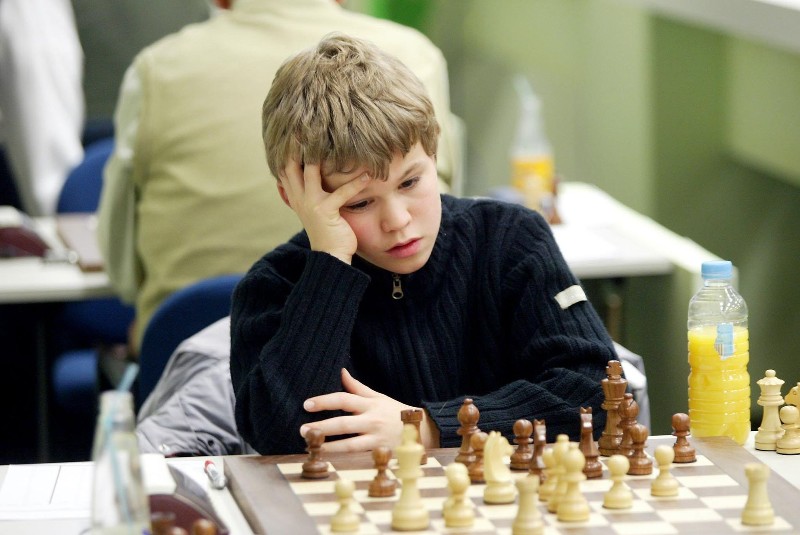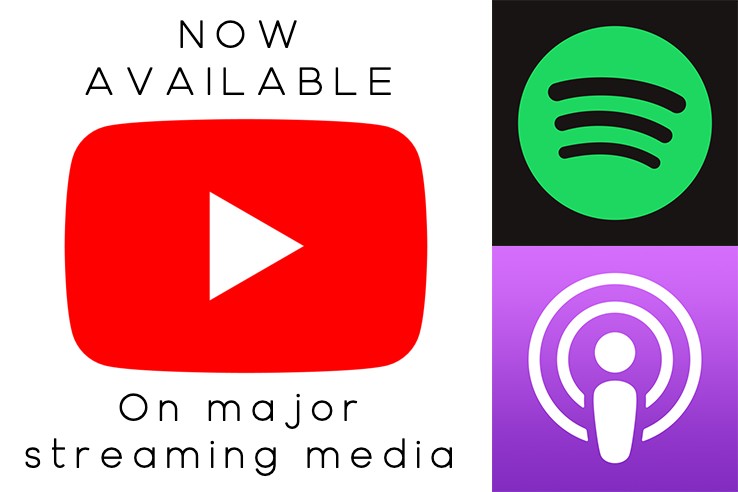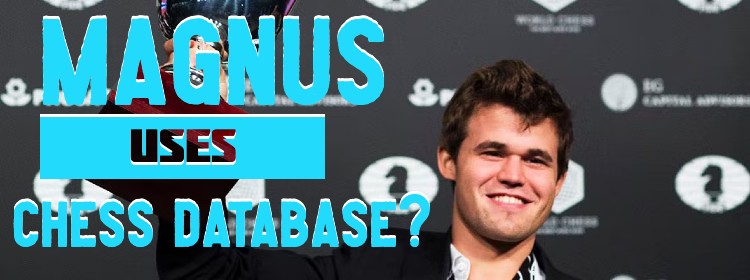Magnus Carlsen was just 10 years old when he first discovered the power of a chess databases. It was a hot summer day, and he was cooped up in his room, scrolling through chess websites in search of a new challenge. That's when he stumbled upon a database, filled with hundreds of thousands of games played by some of the greatest chess players in history.
At first, Carlsen was overwhelmed. He had never seen so many games in one place before, and he wasn't quite sure where to start. But as he began to explore the database, he started to see the possibilities. He could study the moves of the greatest chess players in history, learn from their strategies, and improve his own play.
Recording your own games
Carlsen spent hours each day studying the database, poring over the moves of the world's best players. He was fascinated by the range of strategies and tactics he found there, and he started to see patterns in their play. He noticed the way that some players would sacrifice material for an attack, while others would play a slow, steady game, waiting for their opponent to make a mistake. And as he studied more games, he began to develop his own unique play style, blending elements of other players' strategies with his own natural talent and intuition.
As Carlsen's love of chess deepened, so too did his passion for the databases. He started to record his own games, analyzing his moves and looking for ways to improve his strategy. He would look for patterns in his own play, trying to identify areas where he could be more aggressive, or where he needed to be more cautious. And when he lost a game, he would always go back to the database, studying the game and trying to learn from his mistakes.
His first victory
It wasn't long before Carlsen's hard work started to pay off. He won his first major tournament at the age of 13, and continued to dominate the chess world for the next decade. But even as he climbed to the top of the rankings, he never forgot the role that the database played in his success.
Carlsen continued to study games with the database, even as he became a household name. He analyzed the moves of his opponents before each match, looking for weaknesses and vulnerabilities that he could exploit. And when he lost a game, he would always go back to the database, studying the game and trying to learn from his mistakes.
But it wasn't just about studying his opponents. Carlsen also used the database to improve his own play. He would record his own games, analyzing his moves and trying to find ways to improve his strategy. He would look for patterns in his play, trying to identify areas where he could be more aggressive, or where he needed to be more cautious.

In time, Carlsen became known not just for his natural talent and aggressive play style, but for his incredible preparation and strategy. He would arrive at tournaments with stacks of notes, carefully prepared game plans that he had developed with the help of the database. And more often than not, these plans worked. He won championship after championship, becoming one of the greatest chess players of all time.
As Carlsen looked back on his incredible career, he knew that he owed a great debt to the chess databases. Without it, he would never have been able to analyze the games of other grandmasters, develop his own play style, or prepare so thoroughly for each match. It had been his secret weapon, the key to his success.
Legacy
At his age now, (32) he is slowly retiring from the world championship letting others take the title. He knows that the legacy of his name would continue even if he sold the PlayMagnusGroup to chess.com. New generations of chess players would use chess databases to learn and grow, just as he had done. And who knows - perhaps one day, a young player studying the database would become the next Magnus Carlsen.
That chess database might have been called Opening Master. Who knows. The article is a fiction story or not.
You can too own the biggest OTB chess database in the world with more than 9.5 million human chess games, carefully updating each month with the latest games played. If you cannot find your official FIDE registered games inside, please let us know.
OpeningMaster is now available on all three major podcast platforms
We are glad we can provide this service totally for free on all major podcast platform Youtube, Spotify and Apple Podcasts so you can now enjoy the chess meditations whether you are fan of either of the three.

Visit and subscribe to our YouTube channel  to learn chess openings and much more. Listen to our Spotify Podcasts
to learn chess openings and much more. Listen to our Spotify Podcasts ![]() on weekly basis.
on weekly basis.



